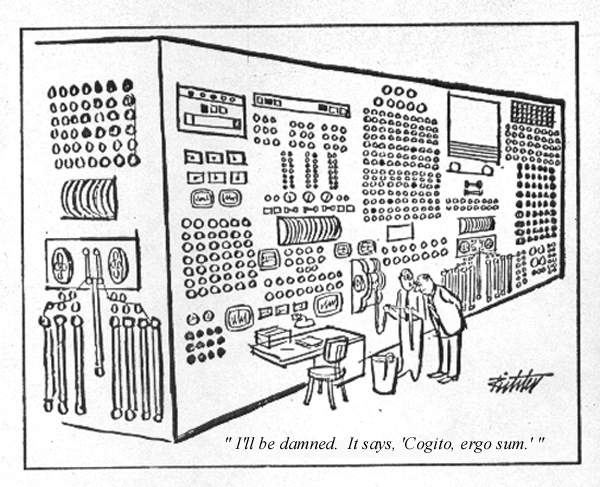As discussed in class, there’s an opportunity to earn extra credit by participating in an workshop this Friday and writing a one-page, 250-word report on what you learned and did at the workshop. Email your post-workshop report to Prof. Ellis before the next class.
Here are details on the workshop:
We will be meeting next Friday, March 2nd, to have the final Faculty Seminar on Topology and 3D printing, with a focus on the Mobius Strip and Klein Bottle. Please find attached two readings — one a historical perspective and the other a science fiction story by AJ Deutsch, as well as a link to one more reading, a science fiction story by Arthur Clarke.
The second part of the session will focus on 3D production of these topological forms and adaptions through Mathematica that can then be output to 3D printers. We look forward to seeing you there!
Time: 2:30-4:30 pm
Location: Voorhees V 811.
Readings for the workshop:
Arthur Clarke — pages 66-78: https://archive.org/details/Super_Science_Stories_v05n03_1949-07
David Richeson, “Rubber Sheets and Crazy Bottles,” in Euler’s Gem, pp. 156-72.




